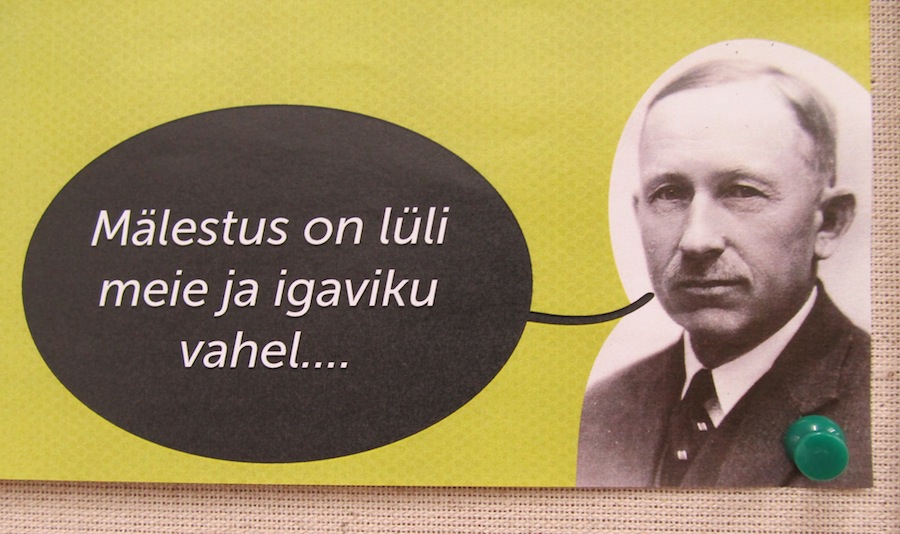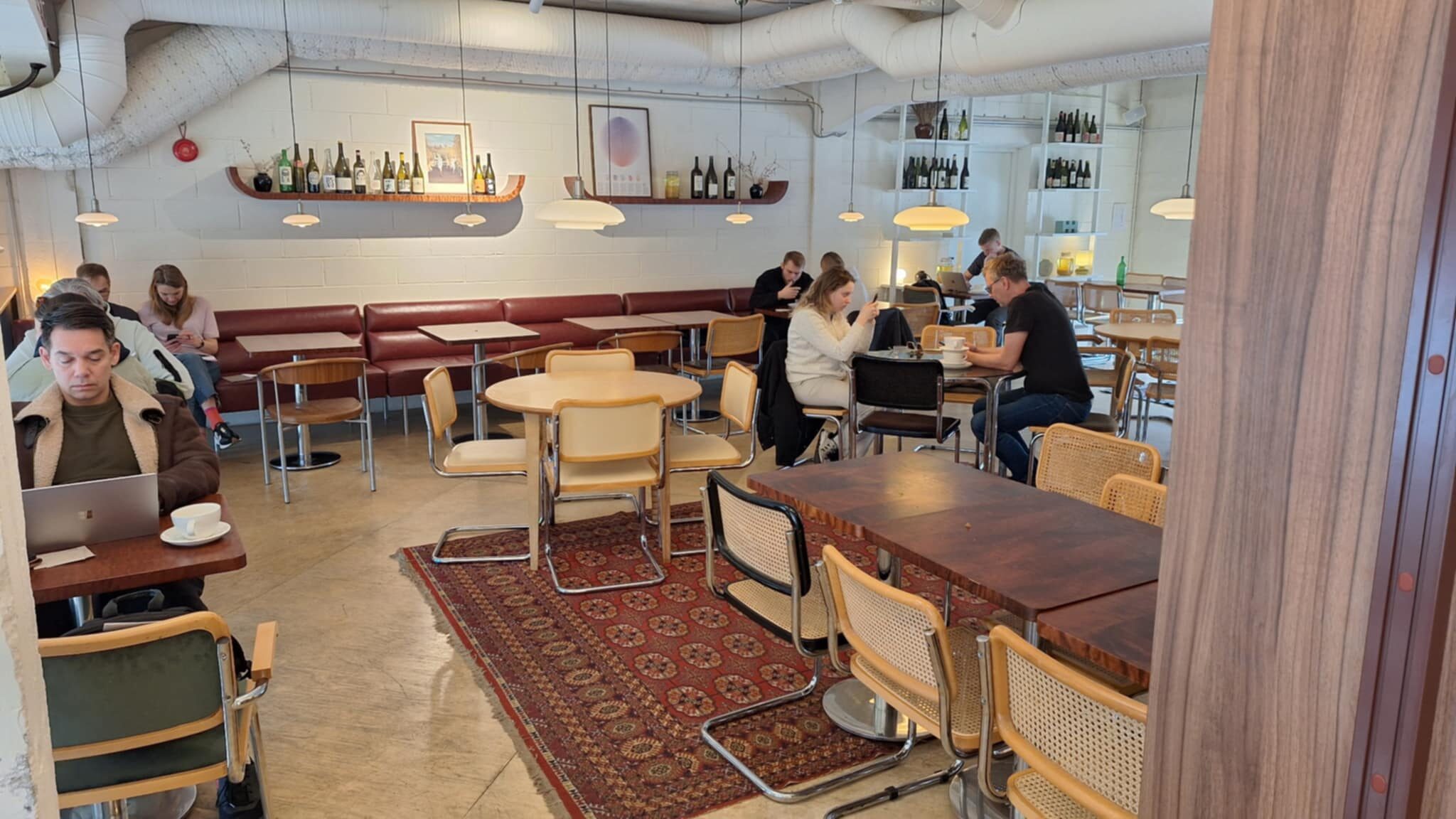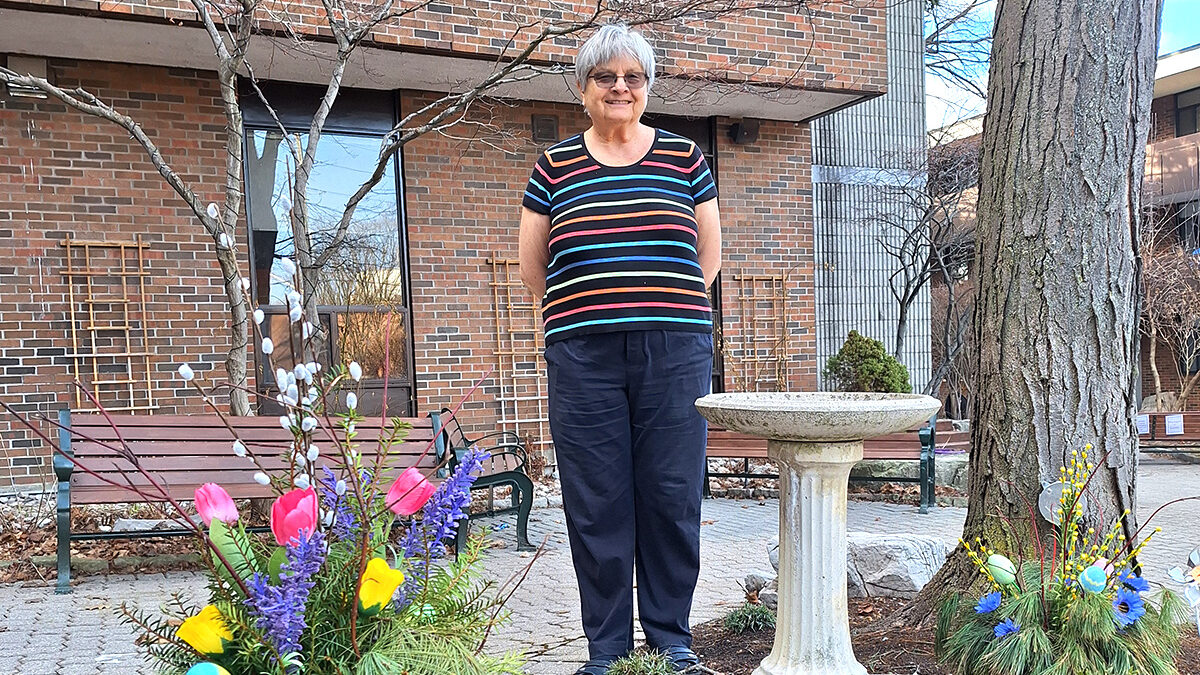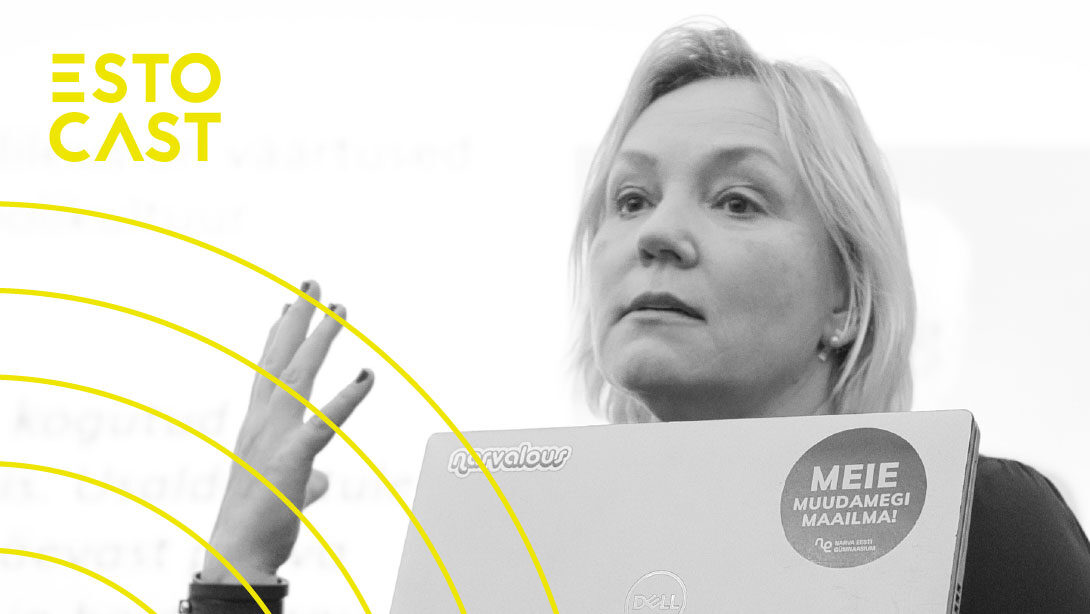The latter is gearing up for young people's Christmas programs including “Vana aja jõulud” (Old-time Christmas) and “Teistmoodi jõulud Vargamäel” (A different kind of Christmas at Vargamäe).
Tallinn's Linnateater has successfully brought various parts of Tammsaare's “Tõde ja õigus” to the stage, both in their city playhouse and as large-scale open-air performances at the author's birthplace in Järvamaa, featuring hundreds of performers. “Tõde ja õigus. Teine osa.” (Part two) is currently on stage once again. Having premiered seven years ago, director Elmo Nüganen has resurrected the production, featuring a new generation of young actors. It's perpetually sold out regardless of the play's length – 4 hours and 50 minutes! “Karin. Indrek. Tõde ja õigus. 4.” is also still on the roster. An award-winning production that holds you in its grasp for 4 hours and 30 minutes. (www.linnateater.ee)
Tammsaare's social epic captured the evolution of Estonia from tsarist province to independent state. It was based partly on the author's own life and centered on the contrast between the urban middle class and hard-working peasantry. One of the most famous quotes (and Estonians' kreedo?, i.e. creed) from the work is “Tee tööd ja näe vaeva, siis tuleb armastus.” – Work hard and struggle, then love will arrive.
Riina Kindlam, Tallinn




